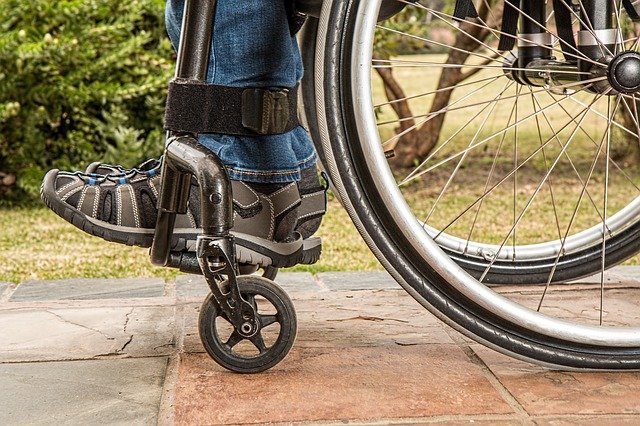Brain injuries, whether caused by stroke, physical injury, illness or degenerative disorders, limit the lives of many seniors. Quality rehab services can make it possible to build new pathways in the brain.
Retraining for Activities of Daily Living
Neurological rehab can include retraining to make it possible for a client to safely
- feed themselves
- dress and bathe
- use the bathroom
- manage their living space
A neurological injury can lead to a loss of sense of control. For clients who have either cared for themselves for a long time or have been caregivers for others, the loss of control over their lives and being forced to accept care can lead to anxiety and depression. Neurological rehabilitation can also include therapies to help better manage these problems as new habits and pathways are laid for self-care.
 Adjusting to a New Living Situation
Adjusting to a New Living Situation
Seniors who suffer a severe enough injury or illness may not be able to return to their own home or apartment. However, a skilled neurological rehabilitation team can easily alter their training target to make the adjustment to a new setting simpler.
For example, neurological rehab can include
- functioning with confidence in the new dining room
- transferring an existing habit, such as showering, into a new space
- playing and having fun in an occupational or art therapy class
Change is extremely difficult for a healthy brain. For a brain that has been injured or altered by time or illness, change can be nearly impossible. Building in flexibility to adjust to a new living situation can be the goal of all the members of the neurological rehabilitation team.
Building New Community
Access to quality senior therapy and rehabilitation can also help someone reach out to those around them. Successful connection with the care team is critical, but connecting and building friendships with fellow clients in an assisted living facility can be a bulwark against loneliness, depression and isolation.
Life in a transitional therapy and rehab facility, whether the end goal is returning to an apartment or transitioning to a long-term care facility, is full of change. It’s also rich with opportunity. Stretching the brain with changes can be stressful. However, neurological flexibility is built a lot like physical flexibility. Support and guidance from skilled professionals can make adapting to these life changes much easier to manage.


 Adjusting to a New Living Situation
Adjusting to a New Living Situation